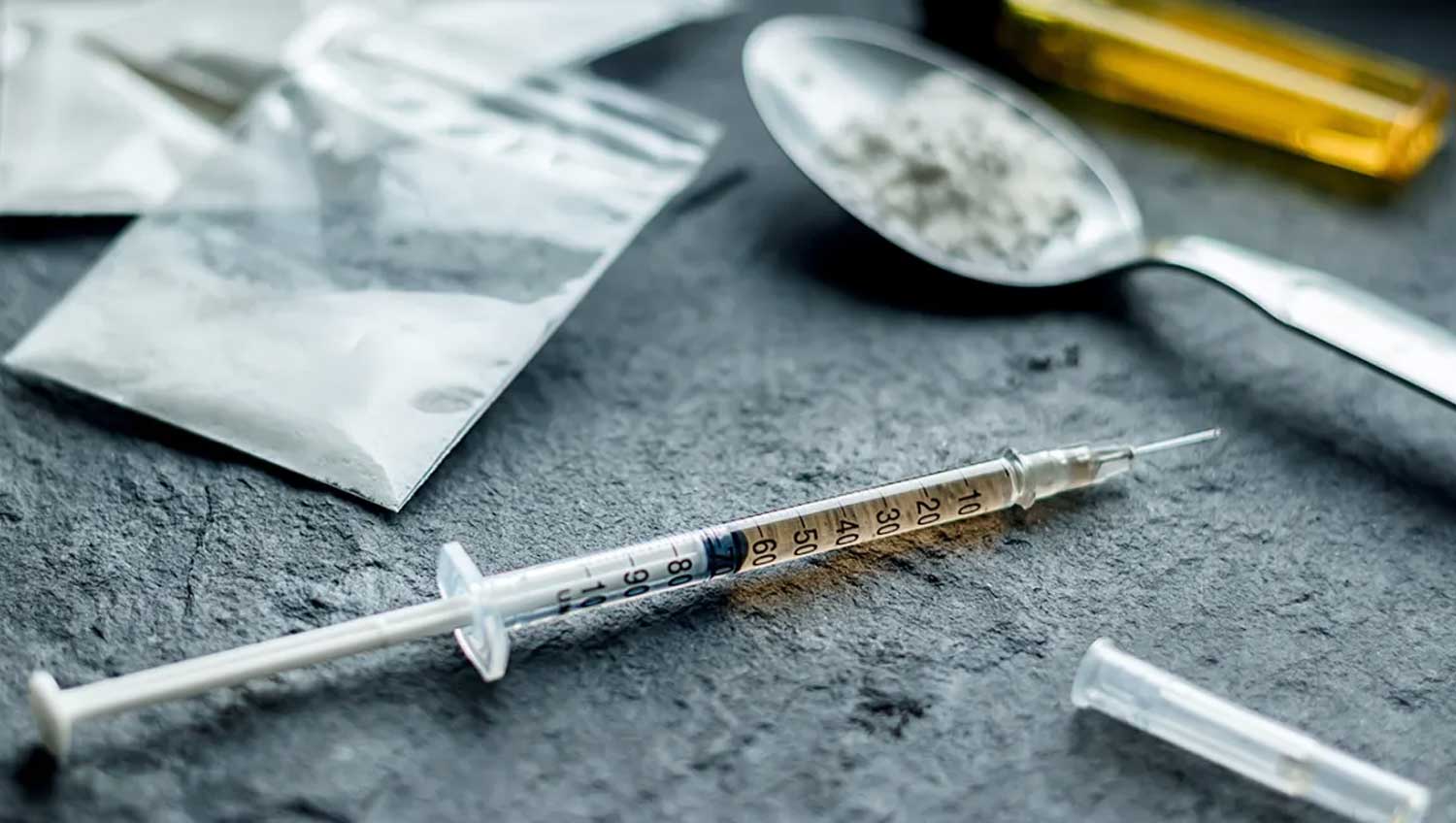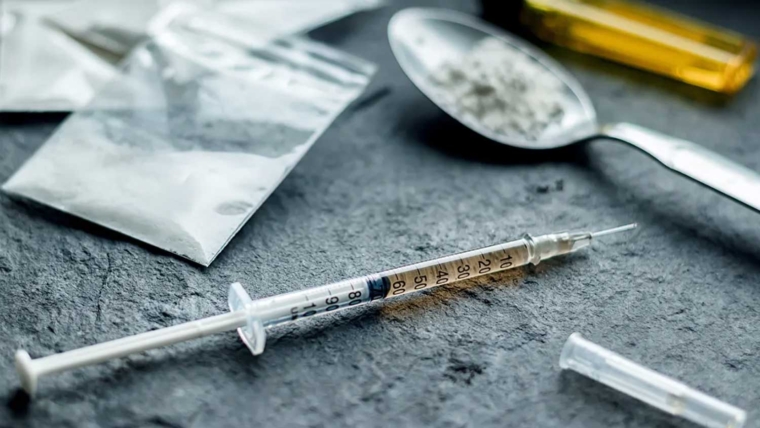As a result of drug addiction, you could suffer from many physical and mental health problems in the future. Several physical health problems can result from drug addiction, including lung cancer, heart disease, liver damage, kidney failure, as well as mental health problems. There are also mental health issues such as depression or anxiety that can occur as a result of drug addiction.
As a result of long-term drug addiction treatment, the potential for reversing all of these health problems is present, and it is possible to begin learning how to live a drug-free life.
Long term health effects of drug addiction can be severe and even life threatening. For example, prolonged use of drugs like heroin and cocaine can lead to heart, liver, and kidney damage, as well as an increased risk of stroke and cancer. Additionally, long-term drug abuse can lead to changes in the brain that result in impaired cognitive functioning, such as difficulty with learning, memory, decision making, and judgment. Furthermore, long-term drug use can cause psychological issues such as depression, anxiety, and paranoia. Finally, long-term drug use can lead to an increased risk of HIV, Hepatitis C, and other infectious diseases due to sharing needles or engaging in risky sexual behaviors. If you want to know more about nasha mukti Kendra in solan then contact us. Umang foundation is the best nasha mukti Kendra in solan which will encourage them to succumb to the temptation of addiction. By treating alcoholics and drug addicts, we consistently make unending attempts to make society a far better place. We typically do this by imparting our specialised knowledge and years of experience that aid in people’s lives being restored.
There are certain systems and organs in the body that can develop some physical health problems, such as:
A brief overview of the cardiovascular system can be found here:
Cocaine can cause severe heart problems if it goes untreated, injectable drugs can cause veins to cave in and unclean needles can cause infections in the cardiovascular system, resulting in long-term heart diseases and heart failure. Drug abuse can cause long-term heart disease and heart failure if it is left untreated.
A brief description of the respiratory system can be found below:
The lungs are particularly susceptible to diseases such as emphysema, lung cancer, and chronic bronchitis. Any drug that is smoked can damage the lungs and worsen those diseases. Opioids can also make asthma worse and make breathing more difficult.
Damage to the kidneys includes the following:
An increased body temperature, dehydration, muscle atrophy, and the failure of muscle tissue are all factors that can cause kidney damage. Dysfunction of the kidneys can have a substantial impact on one’s health. Contact if you want to know more about Nasha Mukti Kendra in solan.
Damage to the liver can occur in the following ways:
If a person consumes prescription opioids or heroin, then there is a possibility that they will suffer life-threatening liver damage, and mixing these medications with alcohol only intensifies the damage.
The following damage can be caused to the digestive system:
The intestines and/or stomach can be damaged by several drugs. Symptoms of damage to the intestines and/or stomach include acid reflux, constipation, and chronic pain.
It is a neurotransmitter, dopamine, that rewards the brain every time a drug is consumed. As a result, addiction works as a reward system for the brain. It is important to note that over stimulating your brain with dopamine can create changes to your brain. Too much dopamine can make your brain produce less dopamine. Dopamine, in large doses, is the neurotransmitter that produces an overwhelming amount of pleasure in the brain.
A common reason for this is that most long-term drug users report feeling depressed or lethargic as a result of already having too much dopamine in their brain as a result of having taken the drugs.
As a result of long-term drug abuse, it is possible to suffer from mental health problems such as:
Cognitive impairment is characterized by the following symptoms:
It makes thinking and concentrating harder, because the glutamate in the rewards system, the neurotransmitter in the brain, is changed because drug use changes the way the brain works. This makes thinking and concentrating harder because the brain thinking changes.
It has been observed that memory has changed in the following ways:
As a result of drug addiction, a person’s memory and learning abilities are altered, causing them to crave and want drugs on an unconscious level, as a result of many cues that are presented to them from their environment that serve as signaling signals.
Brain connections have changed as a result of these changes:
As already mentioned, drug use impacts more than just the brain’s reward system. Over time, drug use causes physical changes in the relations between neurons, or brain cells, which cause physically changing patterns in the ties that do exist between them. In some spots, more ties are forming, while in others, there are fewer ties that are forming.
Based on your particular, individual health requirements and preferences, our Nasha Mukti Kendra in Solan offers a variety of treatments that can assist you in effectively overcoming addiction to almost any substance. It aids in your preparation for a brand-new, better, and happier life devoid of drug usage.
Umang Foundation – Nasha Mukti Kendra in solan is well equipped and ready to serve those who are struggling with addiction. With the help of our detoxification programme, which is offered at all of our branches, we are completely committed to supporting our patients and assisting them in breaking such destructive habits. Our skilled crew is constantly prepared to provide our patients with the best facilities.
It is thought that brain cells die for the following reasons:
There are many drugs that are toxic and can cause the death of brain cells. The damage caused to these cells is irreversible and they are never able to regenerate.
It is thought that brain cells die for several reasons. Drug abuse, for example, is one of the most common causes of brain cell death. Drugs such as cocaine, methamphetamines, and heroin are all highly toxic and can lead to permanent damage to the brain cells, leading to a decrease in cognitive functioning. In addition to this, long-term drug use has been linked to an increased risk for developing diseases such as Alzheimer’s and Parkinson’s. Even chronic alcohol use has been associated with a loss of brain cells. Other causes of brain cell death include head trauma, stroke, and tumors. Although they are rare, these conditions can cause significant damage to the brain, leading to a decrease in cognitive functioning.
The 12-step programme for rehabilitation is offered by umang foundation – the best
Nasha Mukti Kendra in Solan, and as the steps are completed, patients can see changes in themselves.
Patients find the process to be fairly difficult because they suffer from withdrawal symptoms, but it is not impossible.




